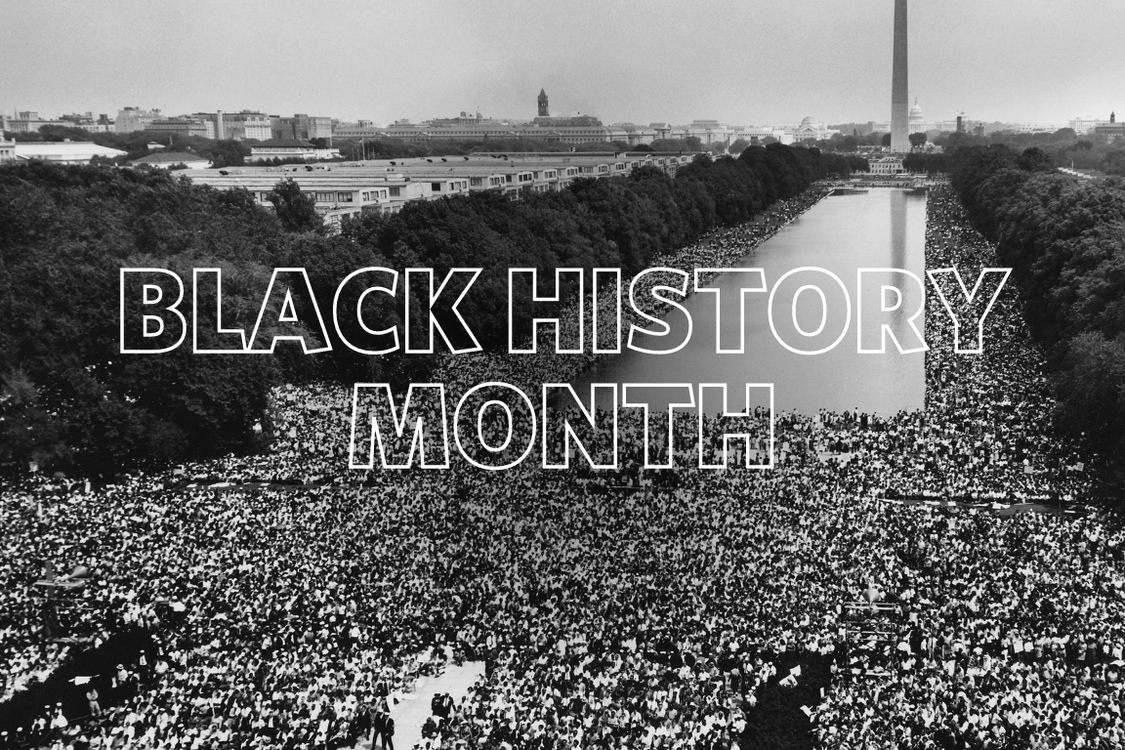Black History Month serves as a pivotal moment to acknowledge the past, celebrate the present, and envision a more equitable and inclusive future. Its importance lies not only in recognizing historical achievements but also in acknowledging the ongoing struggles and striving for a society where everyone is treated with dignity and fairness.

Black Families and Child Welfare
Across generations, systemic challenges have disproportionately impacted Black families, leading to higher rates of involvement with child welfare services. The overrepresentation of Black children in foster care remains a troubling reality.
The foster care experience can often disrupt connections to familial heritage, traditions, and community, impacting a child’s sense of belonging and identity formation. Cultural preservation is a crucial aspect of their care. Foster families and caregivers can actively embrace and support the cultural identity of the children in their care by learning about their heritage, incorporating cultural practices into daily life, and encouraging exploration and pride in their identity. Access to culturally relevant literature, music, art, and activities can give these children the opportunity to explore and connect with their culture.
Nurturing Cultural Identities
Black History Month provides a unique opportunity for families to support and encourage cultural exploration. We can create environments within the foster care system that nurture the cultural identities of children, promoting a sense of pride, belonging, and empowerment as they navigate their journeys. This Black History Month let’s actively support and advocate deep dives into one’s cultural roots and traditions to foster a richer understanding and connection with one’s own heritage.






